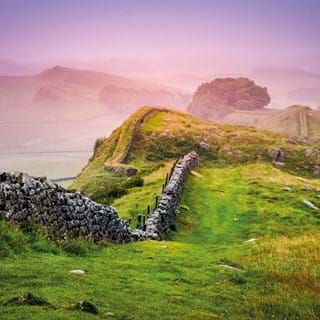
Chile
The long, narrow country of Chile can be found along the western edge of South America, with over 6,000km of Pacific Ocean coastline. Its capital, Santiago, is located in a valley overlooked by the Andes and Chilean Coast Range mountains. The city's palm-lined Plaza de Armas is home to the neoclassical cathedral and the National History Museum. The gigantic Parque Metropolitano offers swimming pools, a botanical garden and zoo.
Chile is home to the Atacama Desert, one of the driest places in the world and the only true desert to receive less precipitation than the polar deserts.
In 1888, Chile annexed Easter Island, which is one of the most remote inhabited islands in the world. The large stone statues, or moai, for which Easter Island is famous, were carved in the period 1100–1680 AD (rectified radio-carbon dates). A total of 887 monolithic stone statues have been listed on the island. Although often identified as "Easter Island heads", most of the statues have bodies to the top of the thighs. There are also a small number of complete figures which kneel on bent knees with their hands covering their stomachs. Some upright moai are buried up to their necks due to soil movement.
Upcoming Departures
Visa:
UK: Not required for a stay of up to 90 days in duration.
USA: Not required for a stay of up to 90 days in duration.
Currency:
Chilean Peso.
Packing advice:
Chile requires some thoughtful packing, geographically diverse with marked summer and winter seasons. Those heading to the Andes or Patagonia should take boots, windproof jackets and thermal layers. Western dress is suitable for cities with a range of layers for a variety of weather conditions depending on the seasons.
Cultural differences:
Most Chileans are Roman Catholics. The religion has played a large role in defining social and political life. Most national holidays are religious in nature. Chileans of more mature generations still celebrate their saint's day as much as they do their own birthday. The family plays a central role in Chilean life. Extended families are very close to such an extent that family and business are intertwined.
Language:
Spanish.
Tipping:
Tipping in Chile is essentially voluntary. However, tipping etiquette dictates you give leave a gratuity of at least 10% of your restaurant bill. Some establishments will include 10%, in which case you should still give at least 5% directly to your server. Andante Travels will take care of gratuities to restaurant staff, local guides and drivers.
 GB
GB
 US
US



